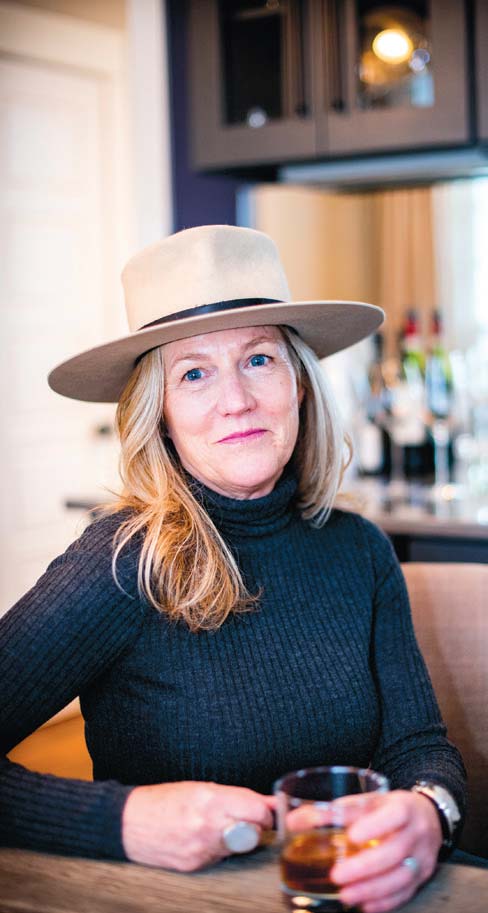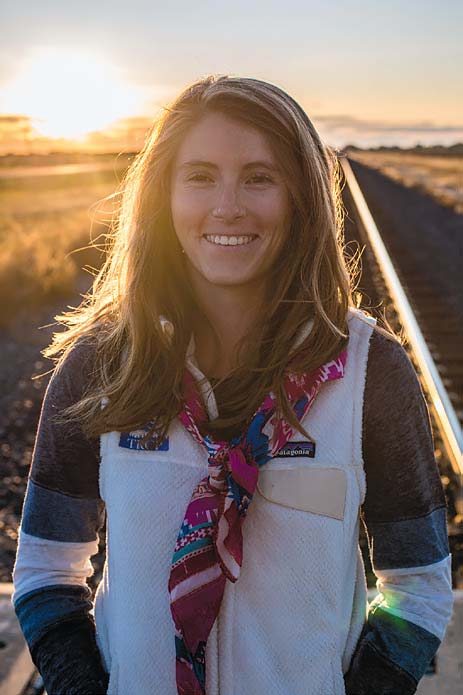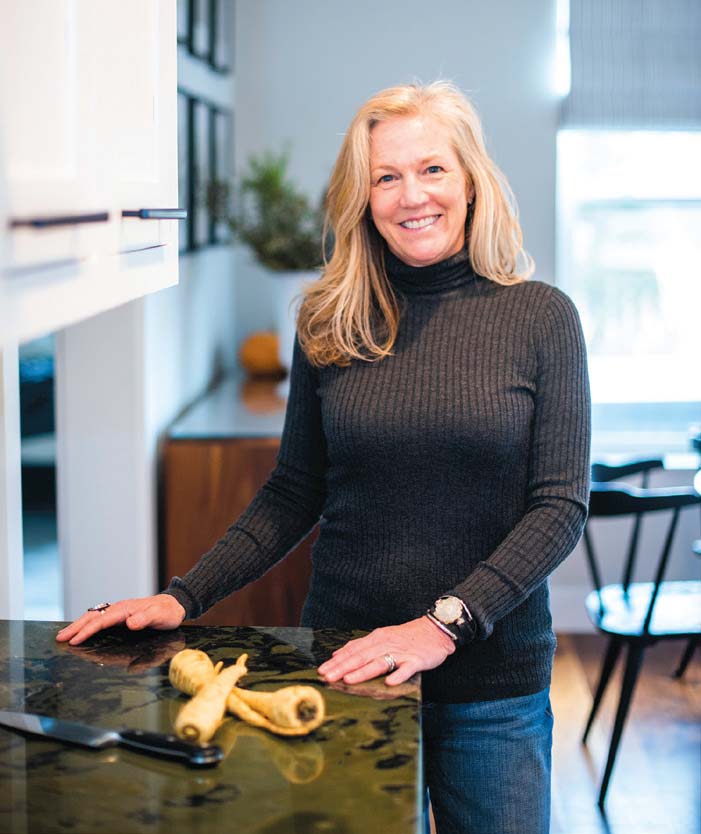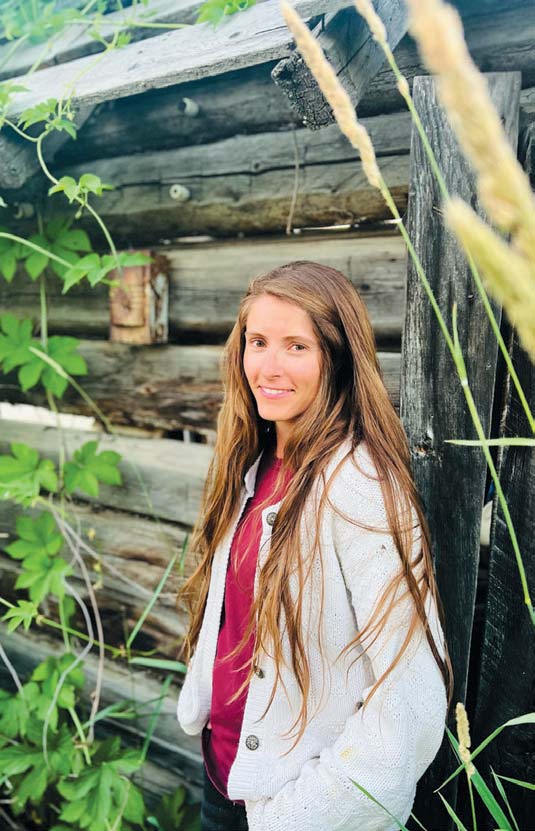
Sustainability is out, regenerative agriculture is in! These days, it’s not enough to simply sustain the current level of environmental health, now we must regenerate to reverse the sins of the past.
It amazes me that I’m only one generation removed from the Dust Bowl, yet the poor decisions and dire consequences that led to desperation and famine seem nearly forgotten. The Dust Bowl occurred in the 1930s, a result of zealous homesteaders and Federal land policies like the Homestead Act of 1862 that brought a massive influx of new and inexperienced farmers to the Great Plains. They overworked the land, disrupting the deep roots of native prairie grasses. The situation was exacerbated by the Great Depression, as desperate farmers worked harder trying to break even. Crops in the area began to fail with the onset of drought in 1931, exposing bare, overplowed farmland. When the wind blew, soil lifted, creating dust storms so severe they were often called “black blizzards.”
Some 2.5 million people, including my maternal grandparents, had to migrate from the Southern Plains, where billowing dust clouds rendered millions of acres unproductive and nearly unlivable. My grandparents, Ellis Belton McGinty and Mayme Alma Dickey, were married in 1928 and grew crops in Tahoka, Texas. They loved farming, but the dust made it necessary for them to leave their land. First, they moved to Lubbock, where my grandfather worked in construction; in 1941, when my mom was 6 years old, they migrated west to California in search of work and better living conditions.
I’m compelled to tell today’s stories of food and soil. Edible Bozeman actively seeks out those who tend to the regeneration necessary for the health of our planet and its occupants. We remember the lessons of the past and celebrate those who are tending to the future.
They lived in multiple parts of the San Francisco Bay Area, where my grandfather became a carpenter. He built many homes in the region, including theirs in Sunnyvale, where I spent time every summer of my childhood. I recall visiting at Grandma’s house, absorbing all the details of her life. The women in my family love to talk and I enjoyed our form of storytelling at an age when most kids would be outside playing with sisters and cousins.
Grandma McGinty was a woman before her time who lived to the age of 102. Her memory was better than mine ever was, right up until the very end of her life. I remember her talking about the Dust Bowl. She said first chickens died, then livestock; nothing could grow and the dust was everywhere in the house making it nearly impossible to even cook. They didn’t want to leave their land and the life they had chosen for themselves, but they had no choice.
Reflecting on my grandmother’s life, I’m reminded of the lesson of healthy soil, a lesson inherent in the story of the Dust Bowl. I’m compelled to tell today’s stories of food and soil. Edible Bozeman actively seeks out those who are tending to the regeneration necessary for the health of our planet and its occupants. We will remember the lessons of the past and celebrate those who are tending to the future.
Jackie Page
Publisher




